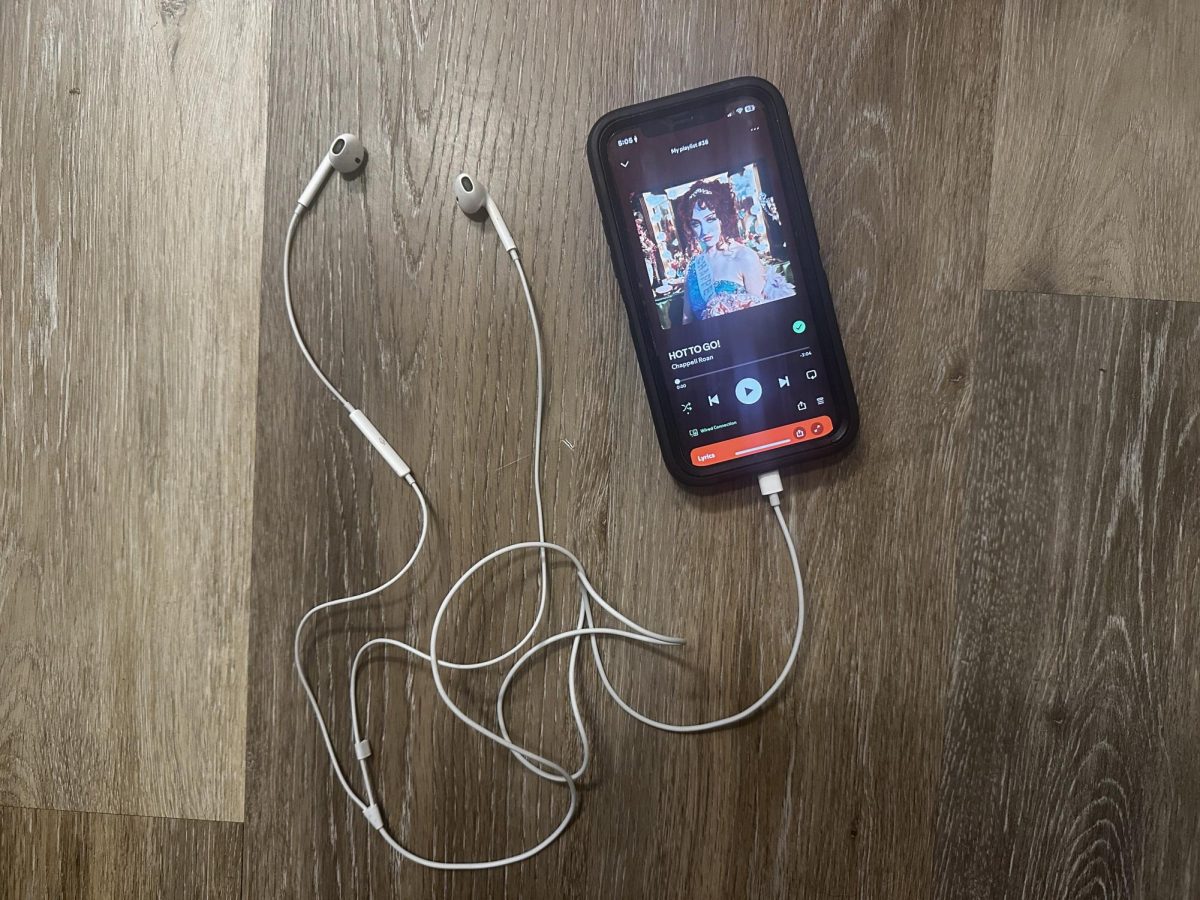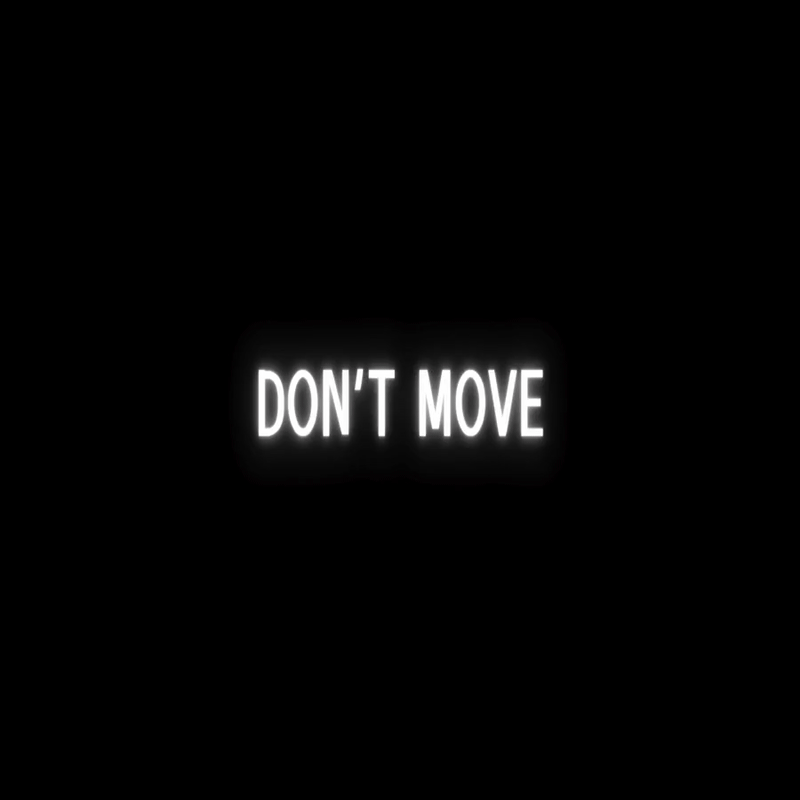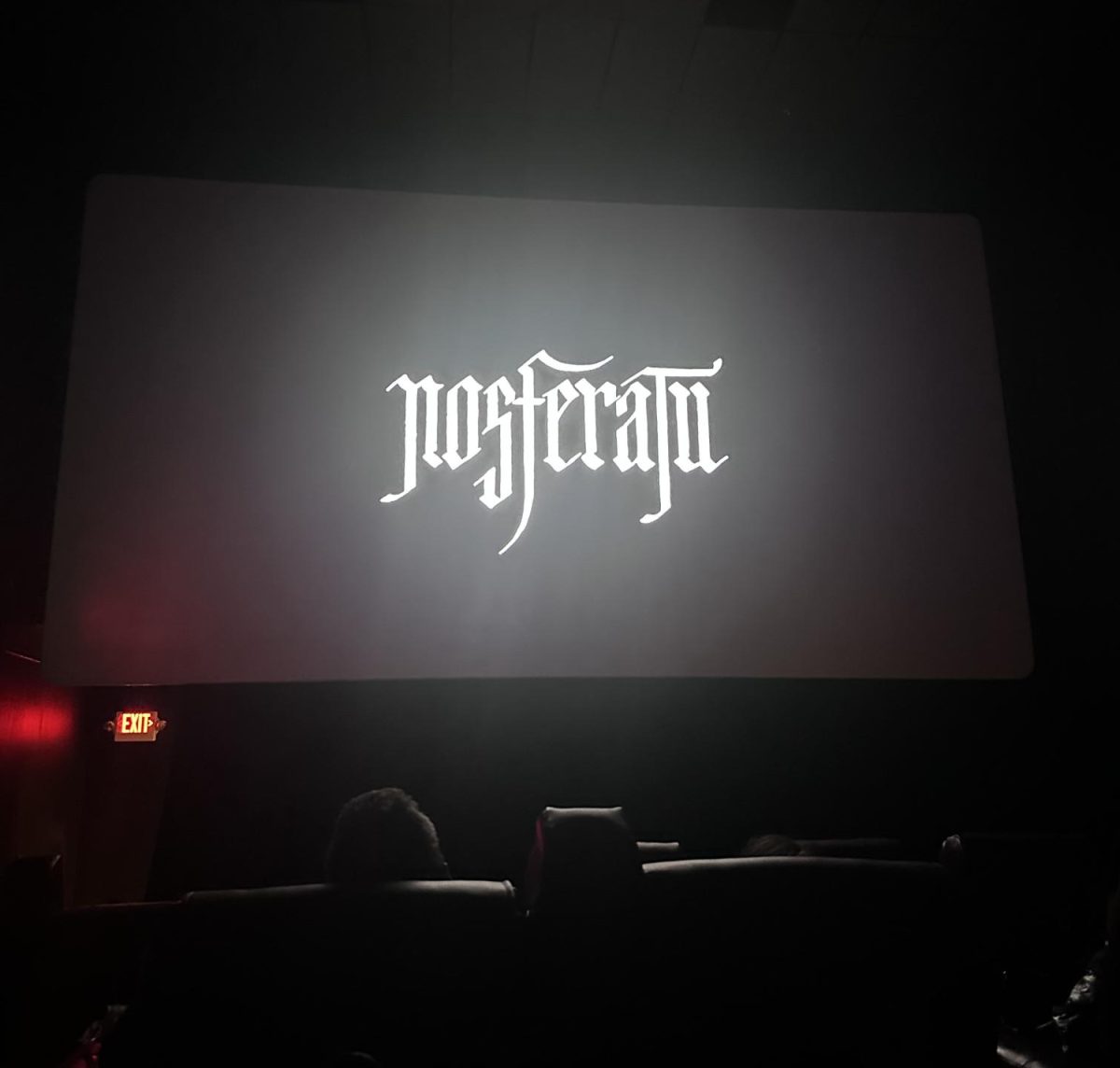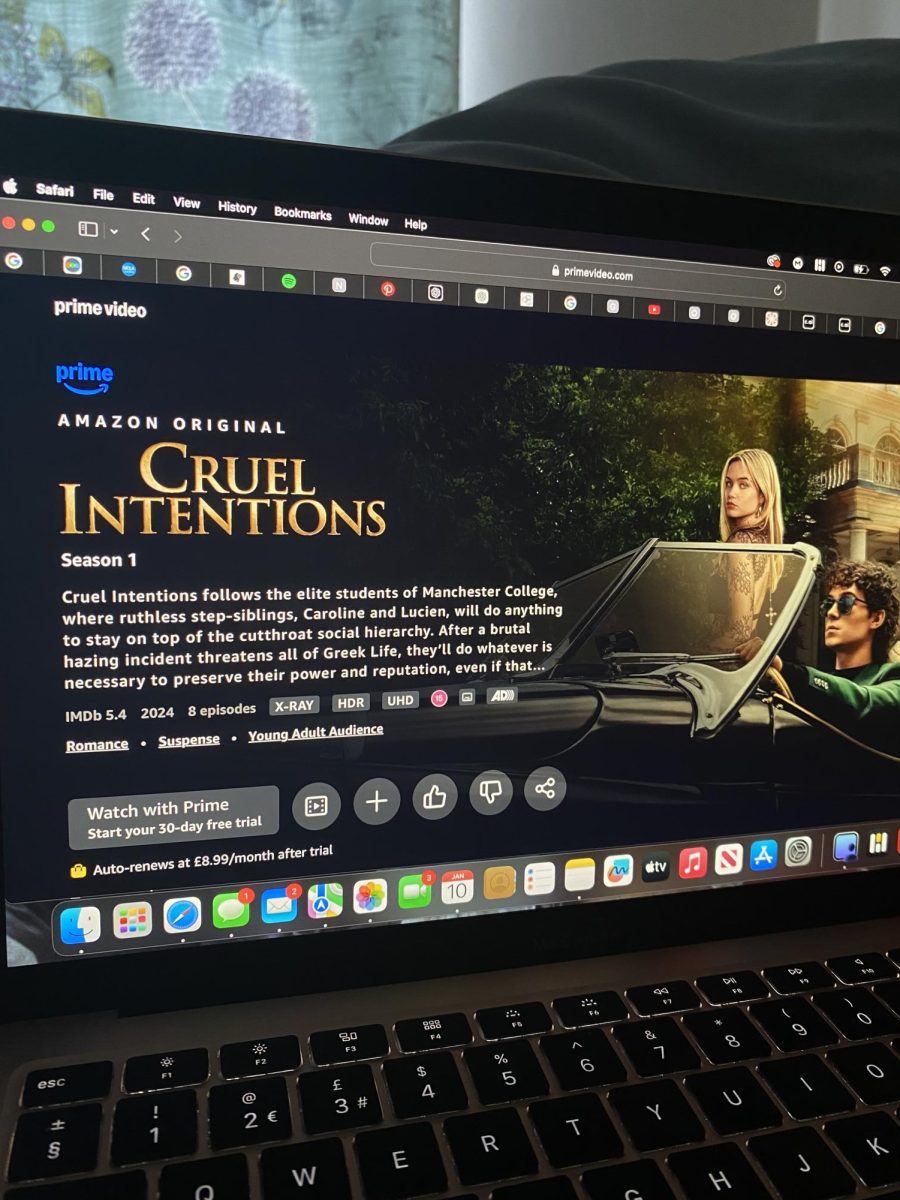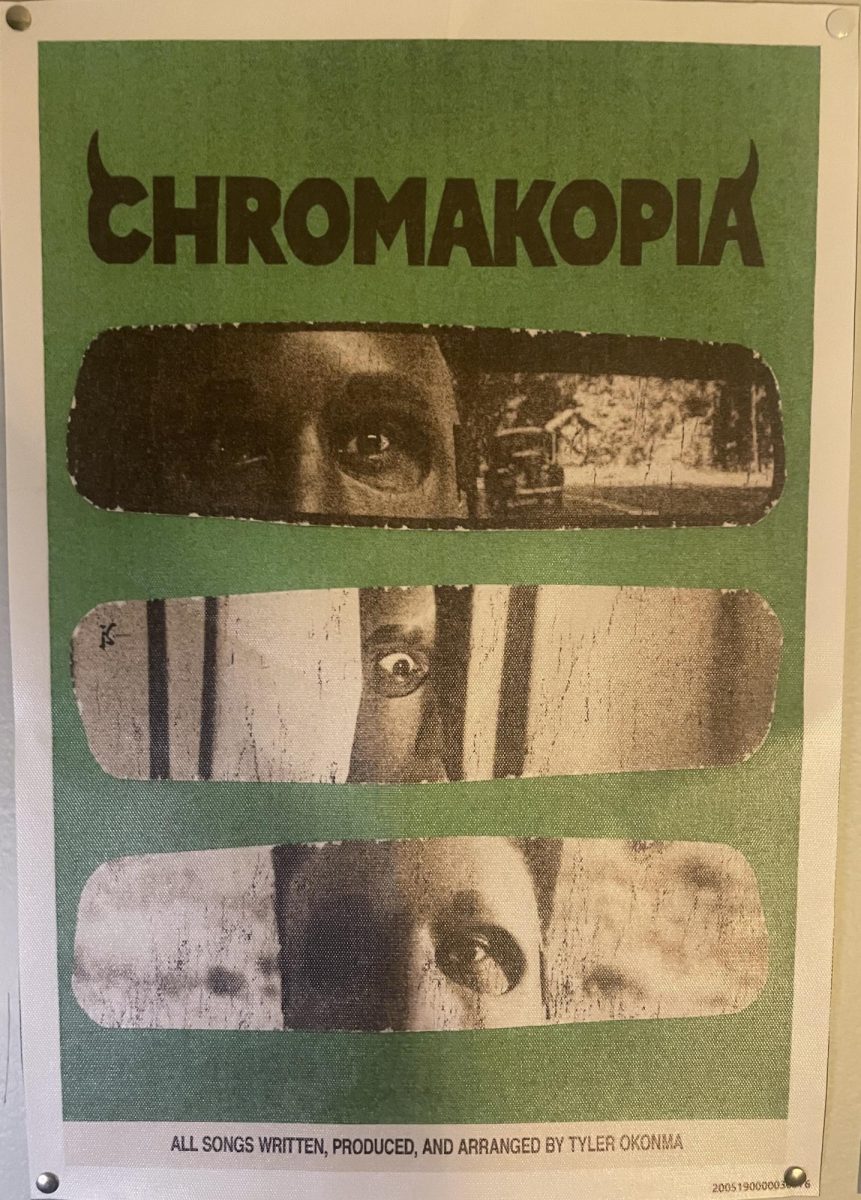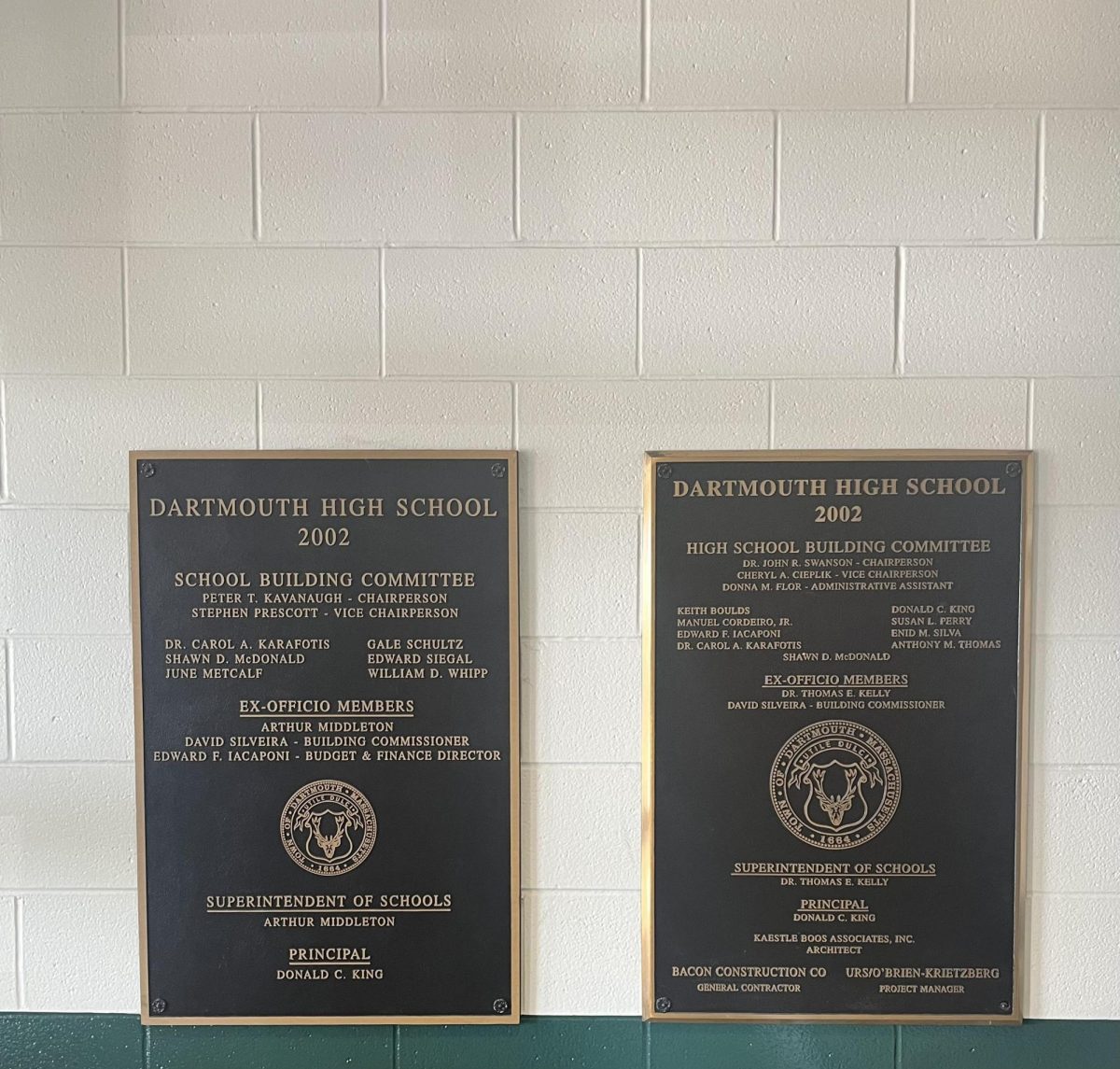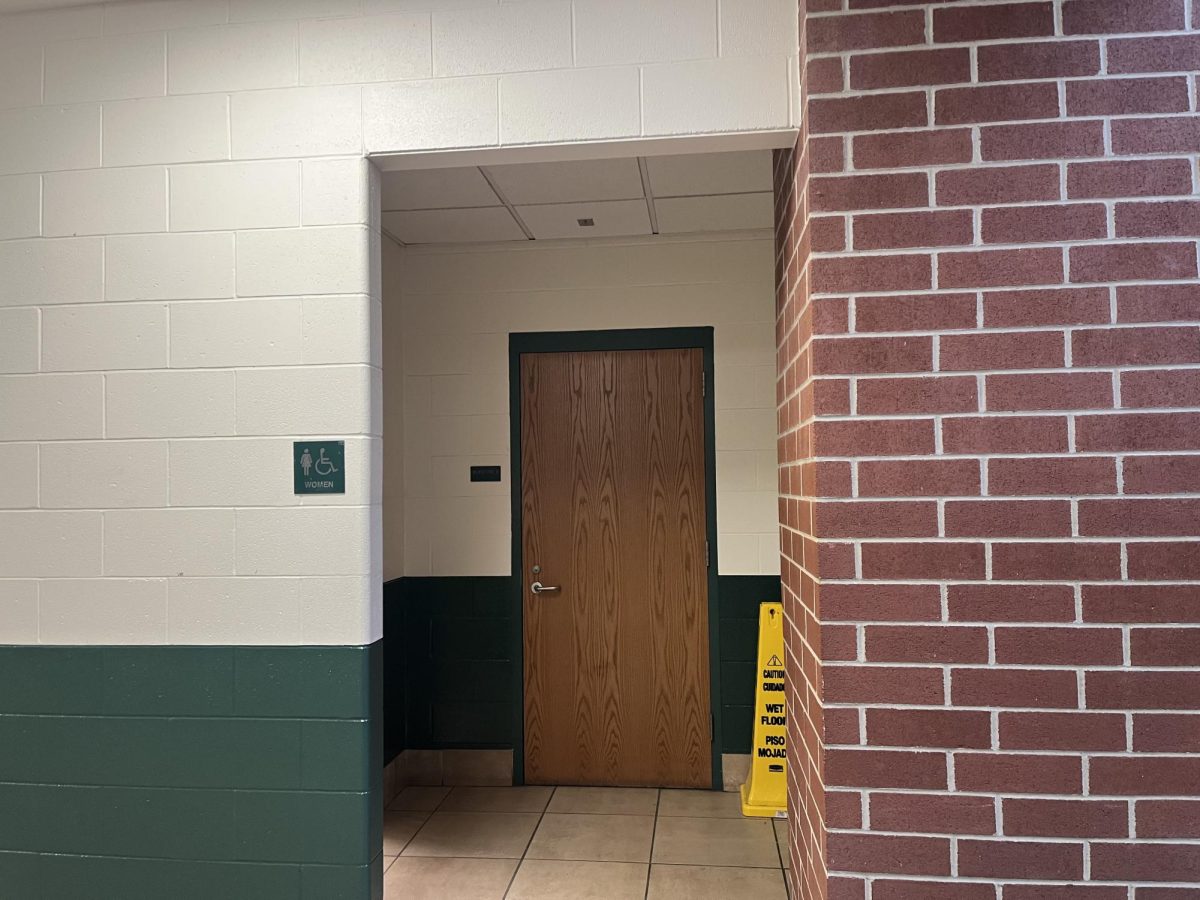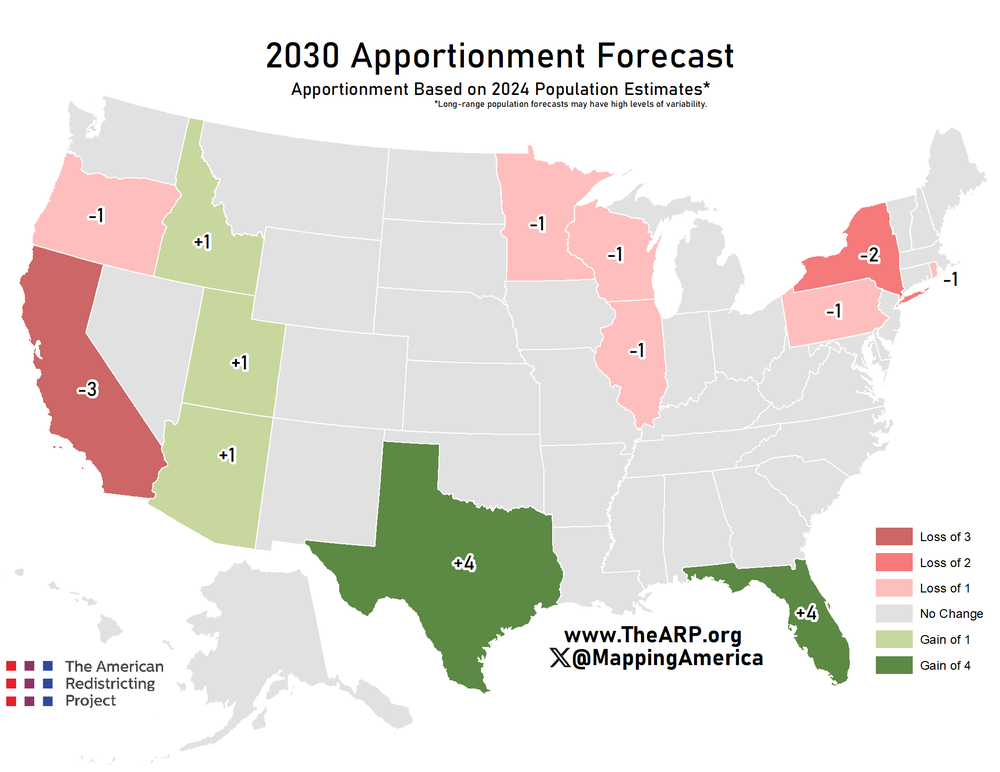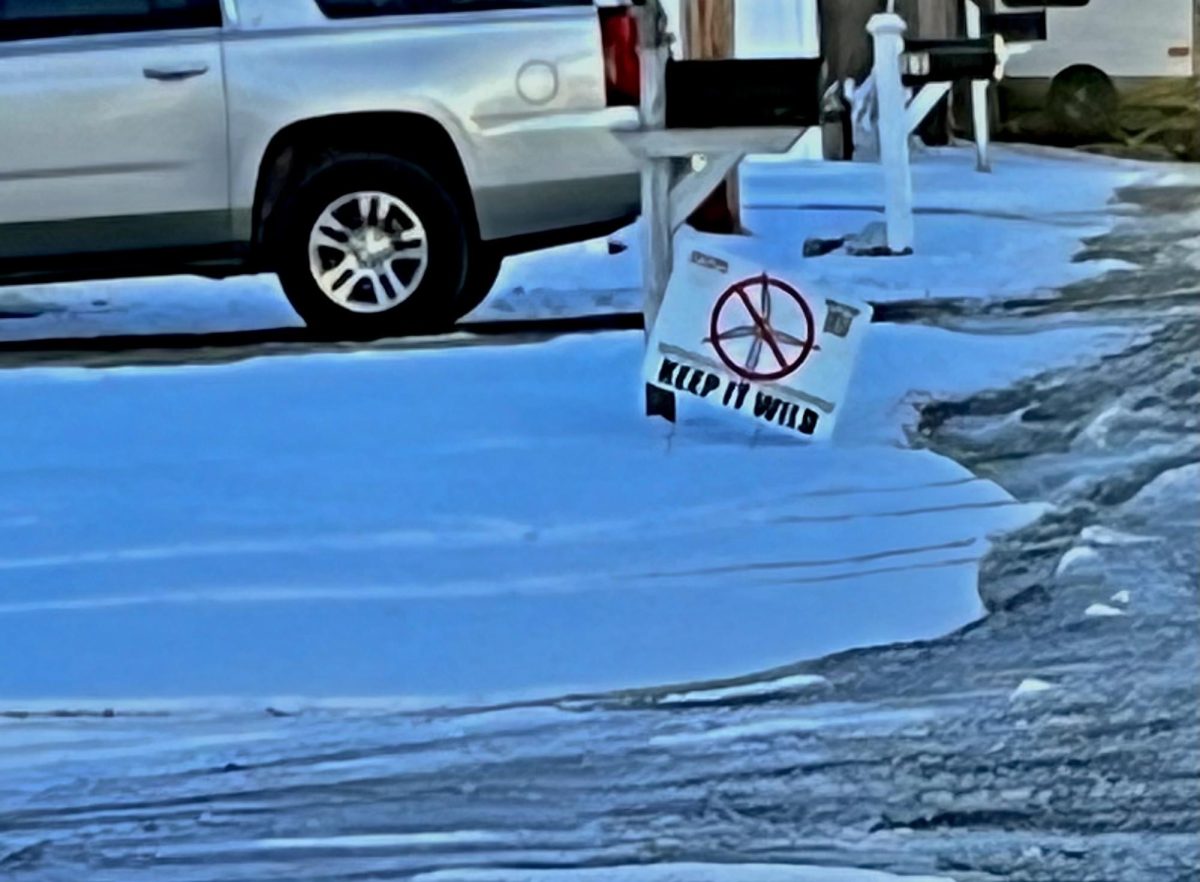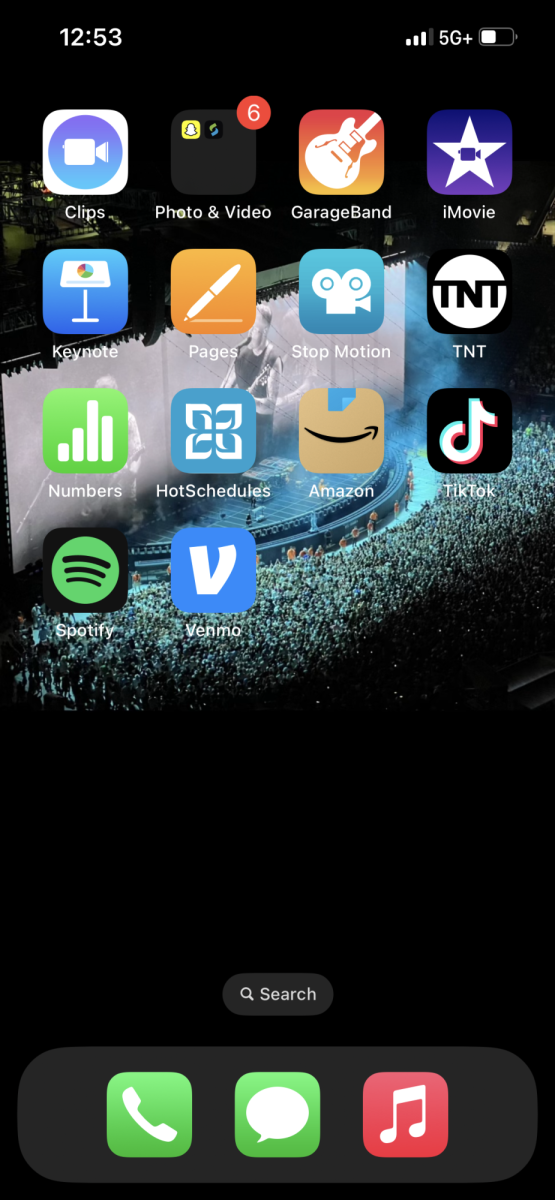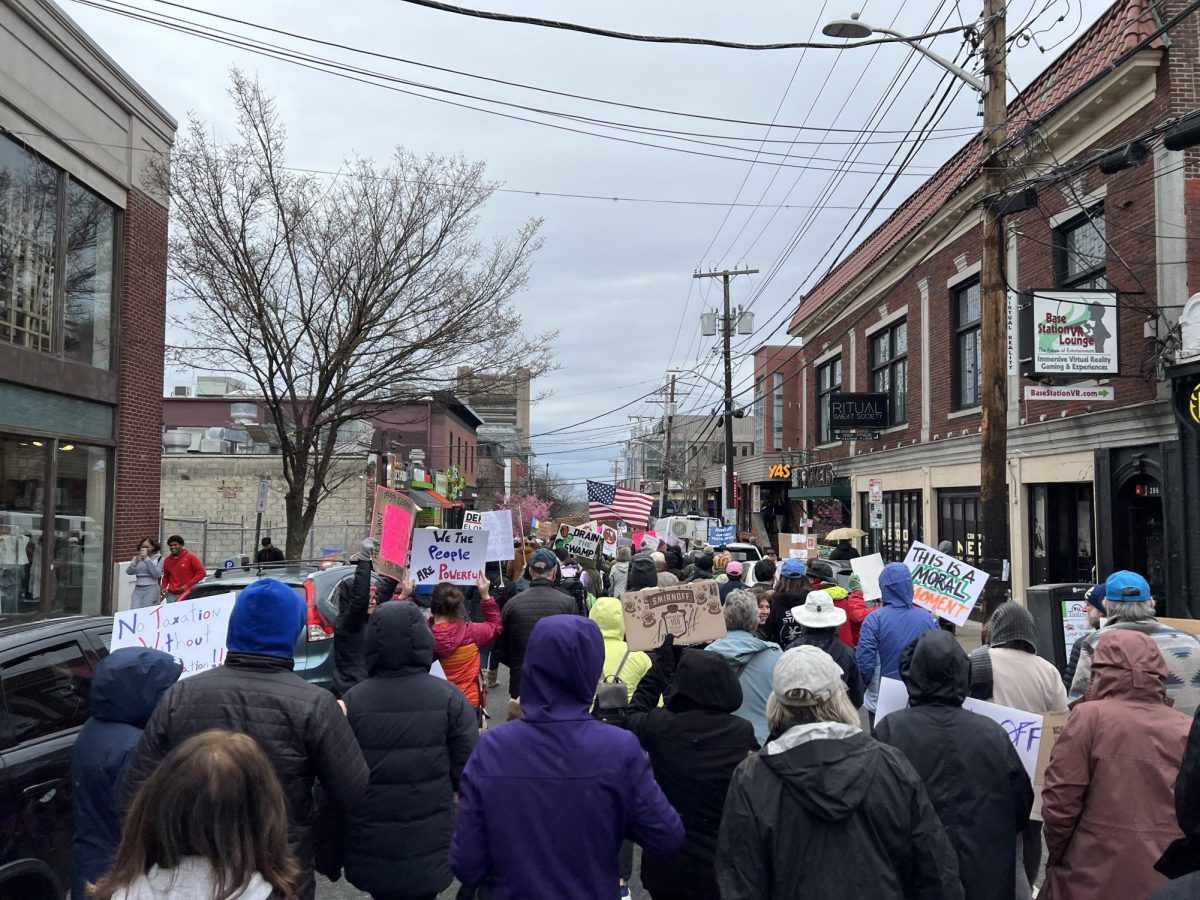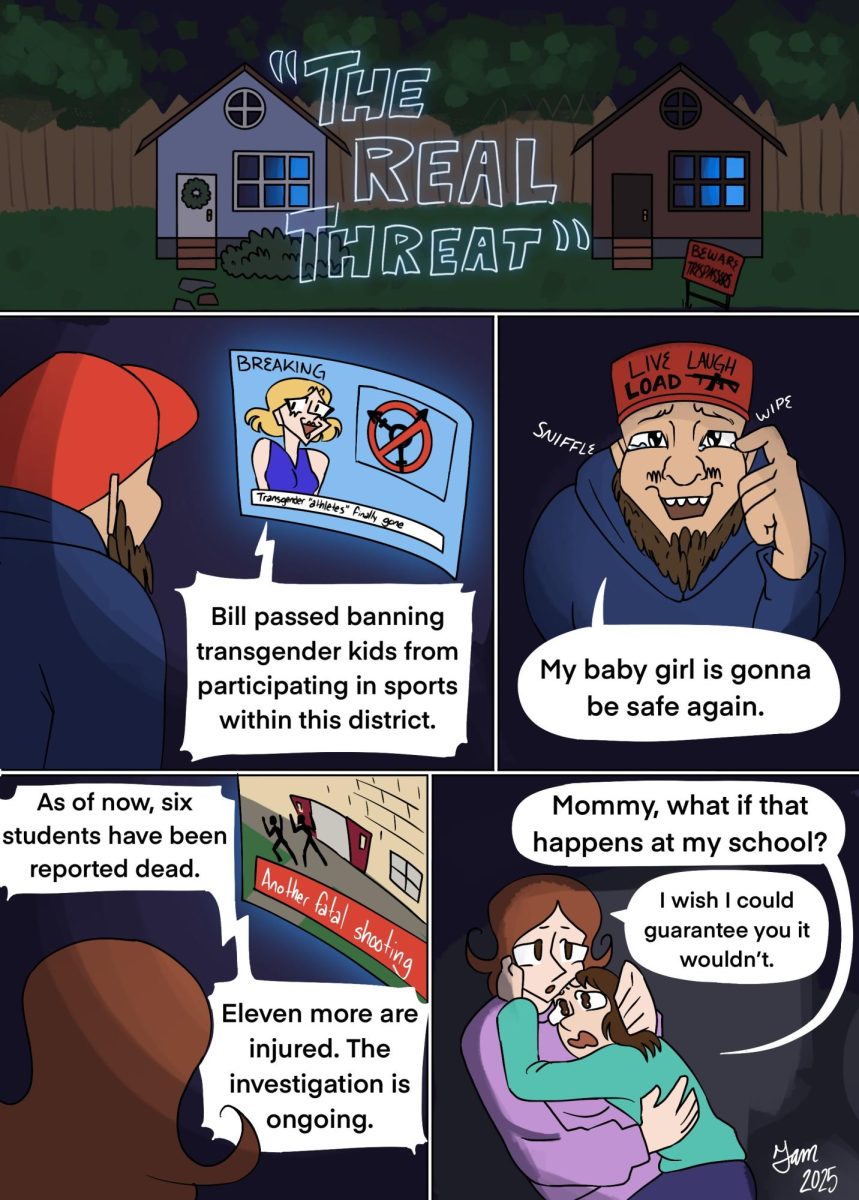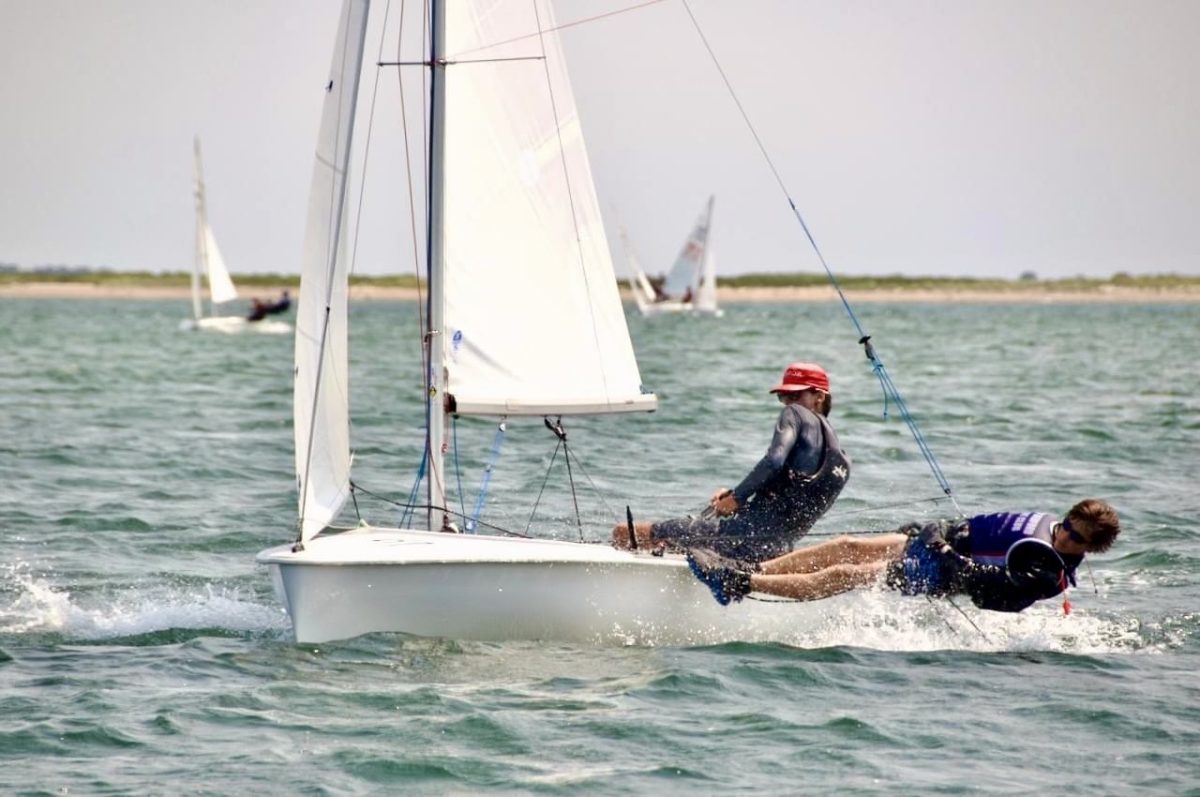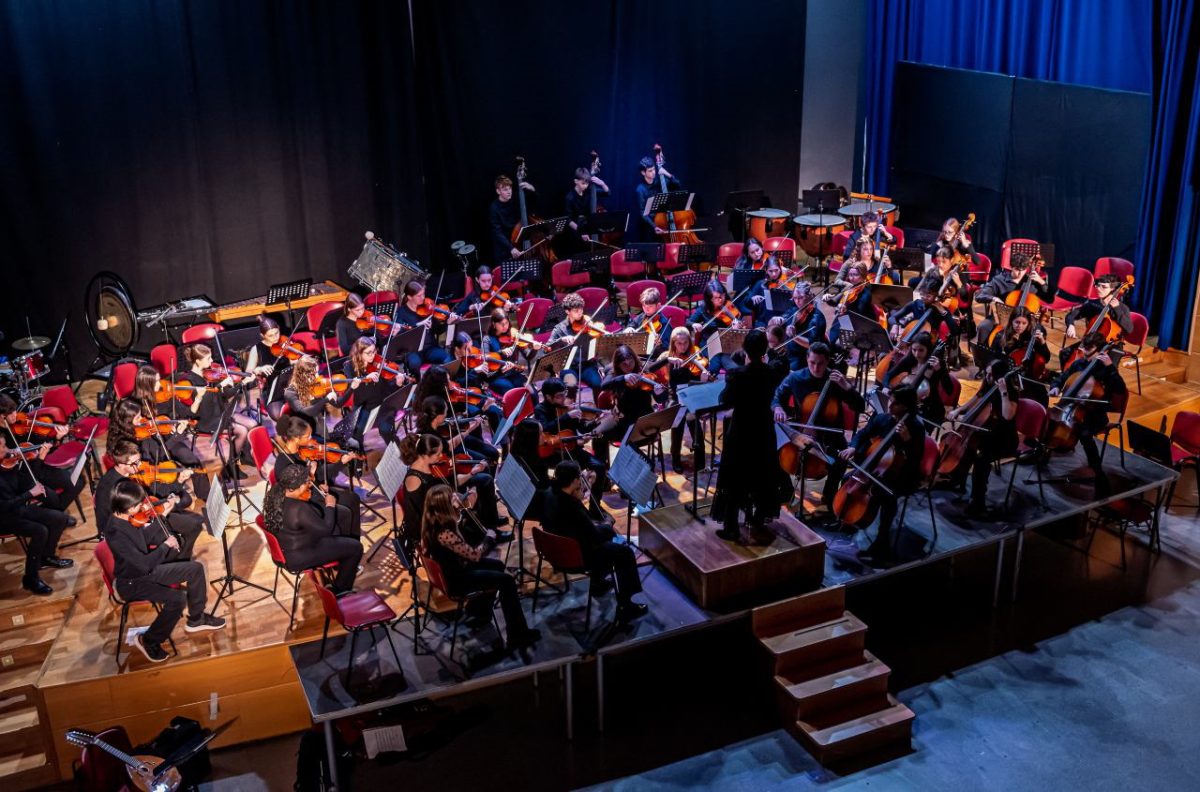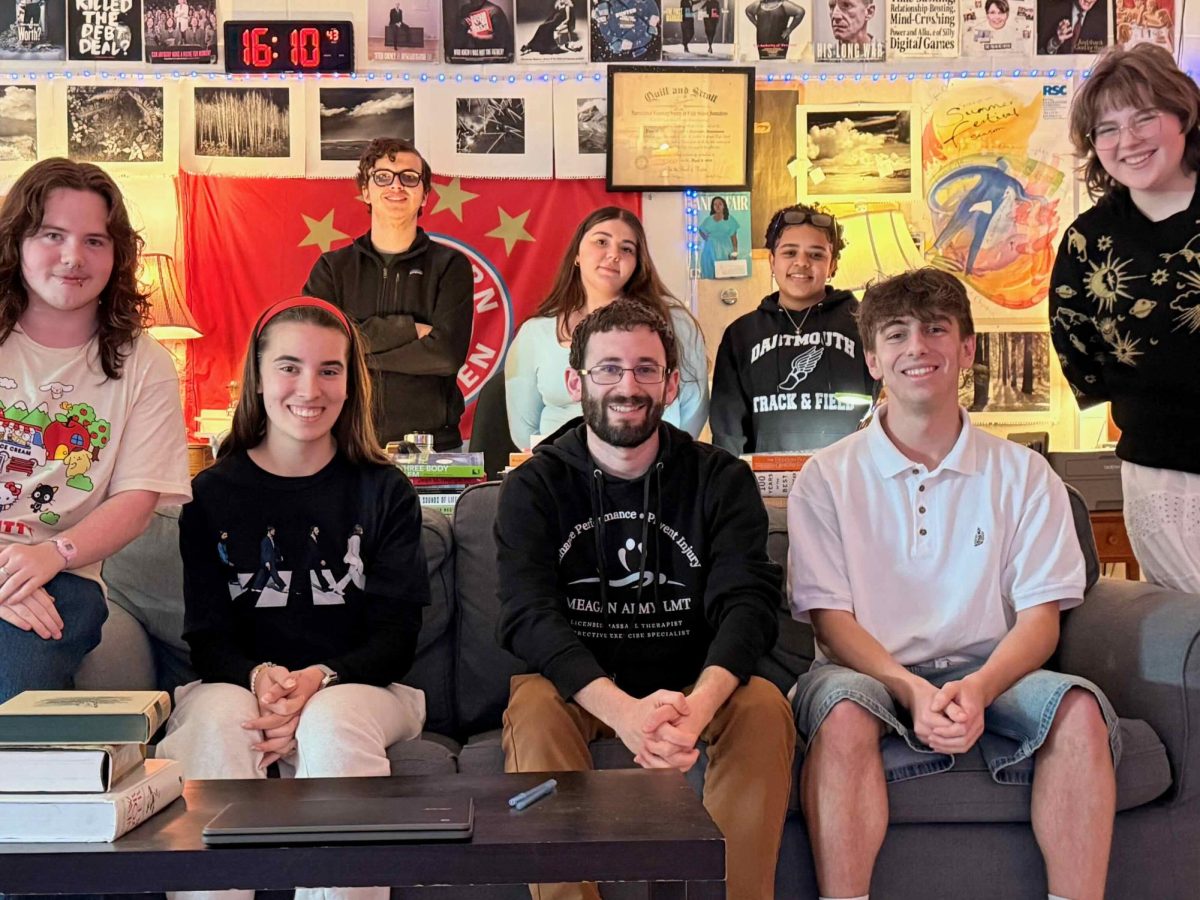H-O-T T-O G-O! You can take me hot to go!
This popular jingle was present on all social media platforms this summer. Chappell Roan, more specifically her song “HOT TO GO!”—which debuted on her first album The Rise and Fall of a Midwest Princess—ranked on Spotify’s Songs of the Summer 2024. This album skyrocketed her fame to previously unseen heights. With her newfound stardom, she started scheduling concerts all over the world, opened for big pop stars like Olivia Rodrigo, and even got a chance to perform at Coachella, Bonnaroo, and Governor’s Ball.
Being thrust into the celebrity world was definitely a harsh change for Roan, who almost stopped performing years prior due to lack of popularity. Roan now faces backlash for setting clear boundaries with her fans, and taking the time to prioritize her mental health before she performs. Is Roan unready for her newly equipped fame, or is there a larger underlying issue with her fans and critics?
Anyone going through that big of an adjustment would probably have a hard time adapting to the new environment and adopting the behavior that is expected of you. It’s a common practice to put celebrities on a pedestal that looks down on everyone else. They become idols instead of people, and it’s a similar situation to meeting a unicorn in person—highly unlikely, but if you do, you definitely need a photograph for proof.
The singer’s original reputation—a fun pop artist who wore purposefully tacky outfits and drag makeup—started decreasing around August 18 of this year, when Roan posted a pair of TikToks setting clear boundaries with her fans. Roan claimed that it’s not okay for fans to yell out to her in public, come up to her and ask for a picture, and touch her without permission. “I’m a random b—h, you’re a random b—h,” Roan stated in the first video, while trying to point out that that’s not how you would treat a random lady on the street.
In her second video, she backs up her claim, saying, “I don’t care that this crazy type of behavior comes along with the job…that doesn’t make it okay. That doesn’t make it normal.”
On August 29, Roan announced that she would be canceling two and postponing one of her concerts in Europe, citing scheduling conflicts. Later, fans learned that Roan chose to practice for the VMA’s, which took place during the times of the canceled concerts. People who were teetering on the fence of supporting or opposing Roan were pushed to the latter.
Not only had Roan postponed a concert that some people would now not be able to go to, but she canceled concerts that people had spent thousands of dollars and multiple days traveling to—an extremely reasonable situation to be furious over. I want to make it clear that Roan was unarguably in the wrong for this decision.
In September, Roan was supposed to play at the All Things Go festival, located in Maryland and New York. Roan didn’t end up playing at these concerts. She admits she is overwhelmed and she is “really feeling it,” which can be inferred to mean her race to fame.
Previous to this, yet in the same month, Roan revealed that she has been diagnosed with severe depression and bipolar II. The treatment towards Roan didn’t change. People continued harassing her on social media, writing snarky comments comparing her job as a performer to a regular person working a 9-5. Thousands of versions of “If I didn’t show up for this many days at work, I would be fired” spread through all of her social media platforms. People dismissed her mental health and claimed that she just wasn’t ready for fame.
Roan and the people who don’t agree with her tactics both have very valid points. Roan has a different perspective on fame than we’ve seen from other celebrities, and she has every right to be uncomfortable taking a picture with someone she doesn’t know. Rapper Tyler, the Creator (also known as Tyler Okonma) also spoke out against weird fan behavior, verbalizing similar frustrations as Roan. In an interview with Maverick Carter, Okonma said, “Because you like a song, or because you like a movie, that gives you permission to be a f—g weirdo? ‘But we’re fans!’ No!”
Okonma and Roan both have very similar takes on their fans’ behavior, but fans of Okonma seem to understand his boundaries, while Roan fans seemingly fail to understand why she’s enforcing these boundaries. Roan has the right to miss being able to go outside without being approached by strangers, do the things she loves, and live a normal life. But she is trying to advocate for treating all celebrities like humans in a world where that is never the case. While I respect that she wants to see change in the behavior of fans, it, unfortunately, probably won’t happen in her lifetime.
Nonetheless, Roan needs to fully understand that people look up to her and idolize her. Her fame didn’t come from people who hate her. Her 44.1 million monthly listeners on Spotify aren’t all trolls. Roan briefly recognizes this in her Instagram post from August 23, where she writes, “This has nothing to do with the gratitude and love I feel for my community, for the people who respect my boundaries, and for the love I feel from every person who lifts me up.”
While Roan has some character aspects that she could tweak (she definitely could benefit from some media training; this isn’t slander, but it would help her deal with fans overall, and she could find ways to stay calm in certain situations that might scare her), her fans have a lot of work to do.
It is 100 percent justifiable to be irate towards Roan for canceling concerts. If I was planning to go to any of the concerts she canceled, I would be unbelievably enraged. However, when an artist has a mental health issue that disturbs their career, we have to look at them as human. We all have a tendency to see celebrities as far-off aliens who have everything they want in life, often excluding any negative affairs. While celebrities definitely have the money and resources to deal with their obstacles, the obstacles are still present.
Roan is able to go to therapy for her mental illnesses and has ways to treat it, but it still affects her. While reasonable to be upset at canceled concerts, we can’t completely leave Roan’s health out of the conversation.
So, is this the premature fall of the Midwest Princess? I don’t think so. Roan’s fame is going to have a lasting effect on her fans. Her music is catchy and encapsulates topics that many other artists can’t put into words. These tunes will be the ones we look back on in decades to come and still somehow know all the dances and lyrics. This isn’t the fall of the Midwest Princess— yet.

